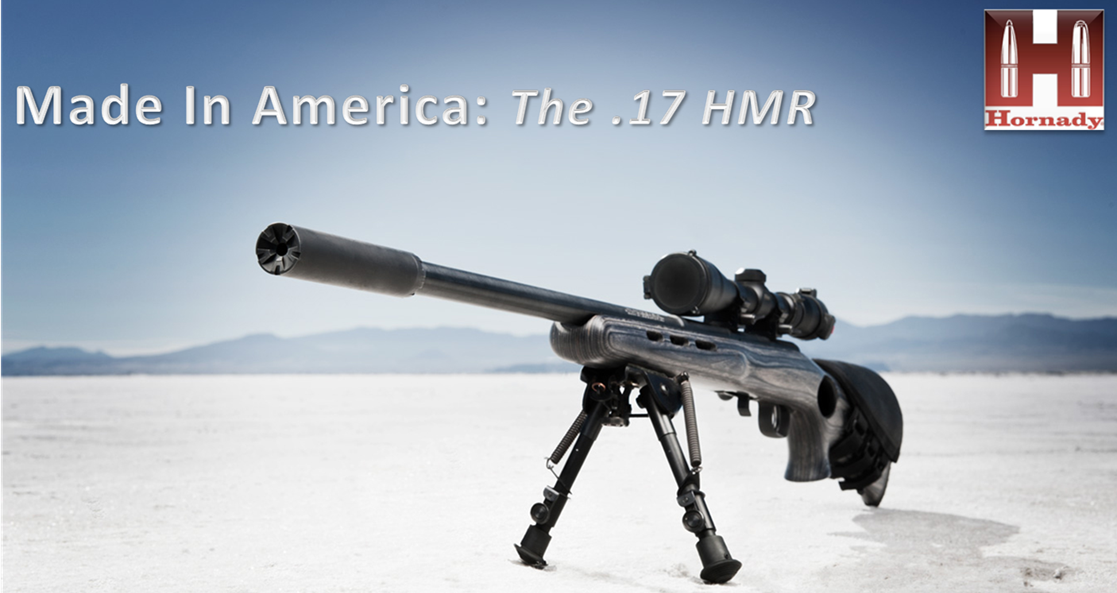The Honorable (Representative):
On behalf of each American citizen, I evoke a proposal of true significance. In this coming presidential election, nearly 40% of eligible citizens will not vote, simply because they feel that their voice is insignificant. As you know, the President of the United States is chosen by the Electoral College, which limits the proper amount of popular sovereignty that registered American citizens should be entitled to. Gallup, Inc. produced an article which showed over 60% of Americans would prefer a direct election instead of the Electoral College. Although the college of electors is part of our constitution, that does not validate it as the most effective election system. As a representative of the people, you have the responsibility to reflect and magnify their desires within reason. Therefore, I invite you to thoroughly consider amending the Constitution, to use a popular voting system when electing the President of the United States of America.
Our current presidential election system uses the process of filtered consent. The founding fathers’ fear was that a direct vote would lead to “temporary passions” of mob rule or become subject to the desires of the majority alone. The practice of an indirect vote encourages minority consent while still allowing majority rule. Popular voting exhibits the true thoughts of the people; though, in elections where the votes between candidates are close, the accuracy of the poll decreases as the number of votes needed to be counted increases. An instance in the 2010 congressional election, over 4,000 votes were misplaced and unaccounted for a seat in New York, and the error was found. Fortunately, if there is a miscalculation of votes, they can be recounted and submitted faster and more efficiently than ever before.
The authority to vote directly has been viewed by some, equivalent to bestowing all men and women of legal citizenship the privilege to vote. If the gravity of direct voting is deemed parallel to the magnitude of suffrage, then the constitution should be amended to appropriately grant true sovereignty. As a country that has continually fought for equality, many citizens perceive that the Electoral College violates their part in a democratic-republic. In the second section of the Declaration of Independence, it states, “We hold these truths to be self-evident, that all men are created equal…” Yet, those who are poor, of another race, a woman, or under the age of twenty-one, were once viewed intellectually incompetent with the important matters of policy and politics. Likewise, using filters of consent prevents politically detached citizens from voting for the popular passions; though, those who sacrifice the time to participate in and are willing to go to the polls, are most likely to become informed. Thus, if the people are considered intellectually competent and informed enough to elect their own representatives, then they should be equally qualified to vote for their president as well.
In addition to the handful of people allowed to select the president, the power of those in the Electoral College is limited by regionalism or whether their state is competitive. This method then also hinders the amount of electors and states that will essentially appoint the president. In this case, few states are acknowledged, leaving most states ignored. Not only are there few states that are likely to affect the election outcome, but forty-eight states including the District of Columbia’s electors engage a “winner takes all” system where all votes go directly to the majority in that state. This process of “winner takes all” falsely represents the proportion of actual votes, as each state has an amount of electors respective to its population. Alan Natapoff, during a conference debating about the electoral college at MIT said, “The advantages of a system that would use actual turnout instead of population as the basis for calculating a state's electoral votes… would increase an individual's voting power in poorly contested states...” In essence, the “winner takes all” approach diminishes the effect of the already less competitive and influencing states; the actual image of the public opinion is warped. If the people are given the power and responsibility to vote, then their individual vote should be directly and accurately displayed. With less power in the citizen’s voice, you must then expect less participation and interest that the people will have of their government’s affairs; the very fear that our founding fathers wanted to prevent in the first place.
In order to re-engage our citizens with the important issues that define our nation’s ultimate survival, we must allow the people’s say to be noteworthy by accepting a direct presidential election system. Although creating a direct voting practice may increase the possibility for the temporary passions of uninformed citizens, our current method is foreign to the real public interests of those who are politically involved; as citizens we ought to be offered the privilege of pure suffrage. By making this amendment to our constitution, the intended democracy will allow enhanced clarity of our public sovereignty and more fully engaged citizens who will advocate solutions to vital problems that our nation faces.
Thank you for your time, and as an American citizen and registered voter I hope that you honestly contemplate the critical nature of this proposal.
Sincerely, Owen O. Bond
You can follow daily updated polls and articles for the 2012 Presidential Election- HERE!






